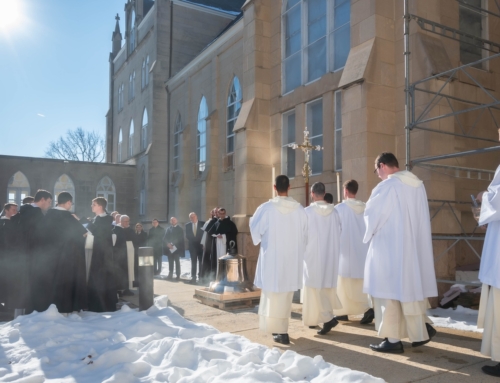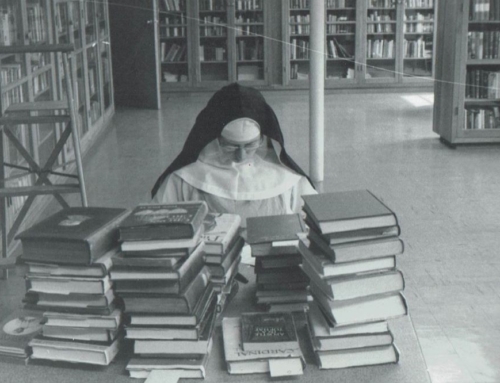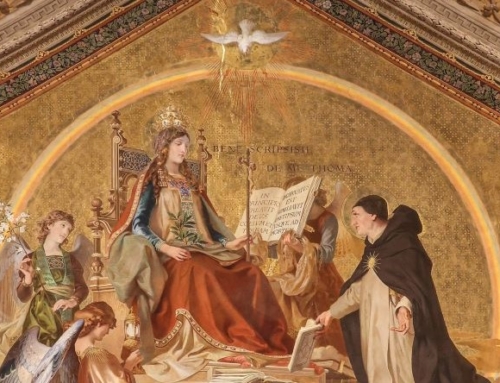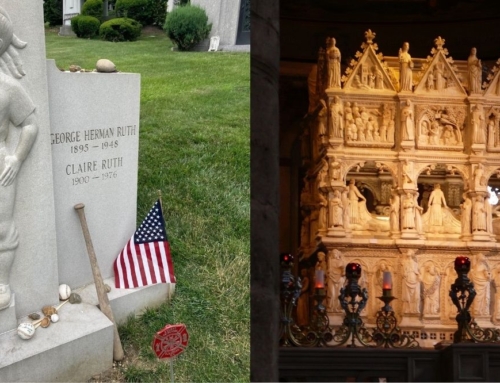And so, it’s that time of year again—time to go back to school. Late August is marked by the return to the classroom, and with it comes all the emotions of young people leaving the freedom of summer behind, back-to-school sales, parents excited to see their kids go back, kids excited, and kids filled with dread. But all of this activity and these conflicting emotions surface because our society has decided that education is important enough that at least some of it should be compulsory, whether young people want it or not.
While the day will come when we no longer sit in a classroom, study nevertheless should always be a part of any Christian’s life. All Christians are called to study the faith, growing in the love and the knowledge of God and his ways (1 Tim 2:4). When we think of Catholic “study,” we might think about reading good Catholic authors, those who write both fiction and non-fiction, who can instruct us more thoroughly in our faith. Yet while it is good and important to seek out books about the faith, of equal and even greater importance is the “study” which we perform through opening our ears attentively to the theological content and spiritual guidance which the Church gives us for reflection and meditation daily in the liturgy. Indeed, Pope Francis has called the liturgy itself a kind of school. Thus the liturgy is not just for prayer in the sense of what we say to God, but requires our attention, to the point of a kind of “study” in order for us to be receptive to what God is saying to us.
What can the texts of the liturgy tell us as we return to school? The collect, the prayer with which we begin our Masses this week, tells us that God causes “the minds of the faithful to unite in a single purpose.” While there are many good things our minds can ponder and consider in the course of our education, ultimately our minds are to be united in one “single purpose.” What is that? The collect concludes by asking God that “our hearts may be fixed on that place where true gladness is found.” Our minds are meant to contemplate heavenly realities, most especially God himself, who will be our eternal delight. Indeed, as Augustine says “our hearts are restless until they rest in thee, O God” and the same can be said for our minds. For those who delight in school or in study here on earth, the delight of contemplating God will surpass all of these things which are but a foretaste of divine realities. For those who find most typical courses boring or seemingly irrelevant, rest assured, a knowledge of algebra or natural sciences is not a strict prerequisite for the “study” of God. What is really needed is a love for God and a desire to know him, the one whom we love and who loves with a love beyond our comprehension.
There is good news for any student feeling a bit nervous in these days leading up to another school year. Our collect continues: “even amidst the uncertainties of this world” we can learn “to love what [God] commands” by desiring that happiness in heaven which he promises. Let us then ask God to help us begin our study of divine things so that we can learn to desire them more ardently, which desire will guide us safely to our heavenly home.
✠







